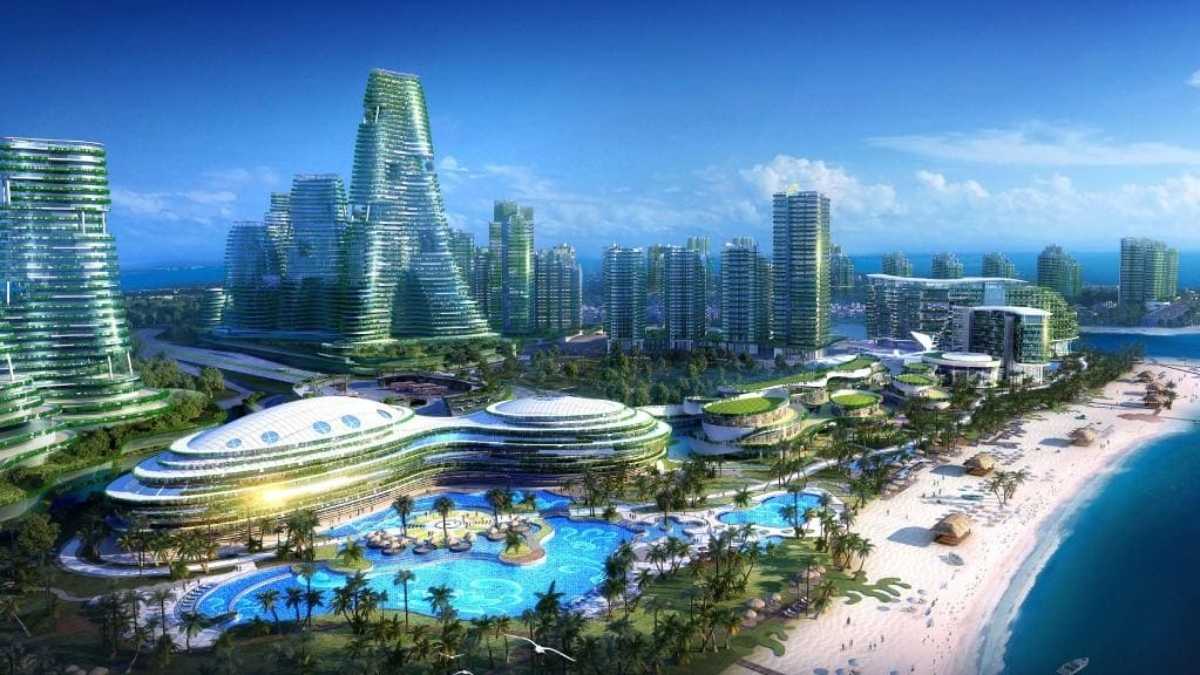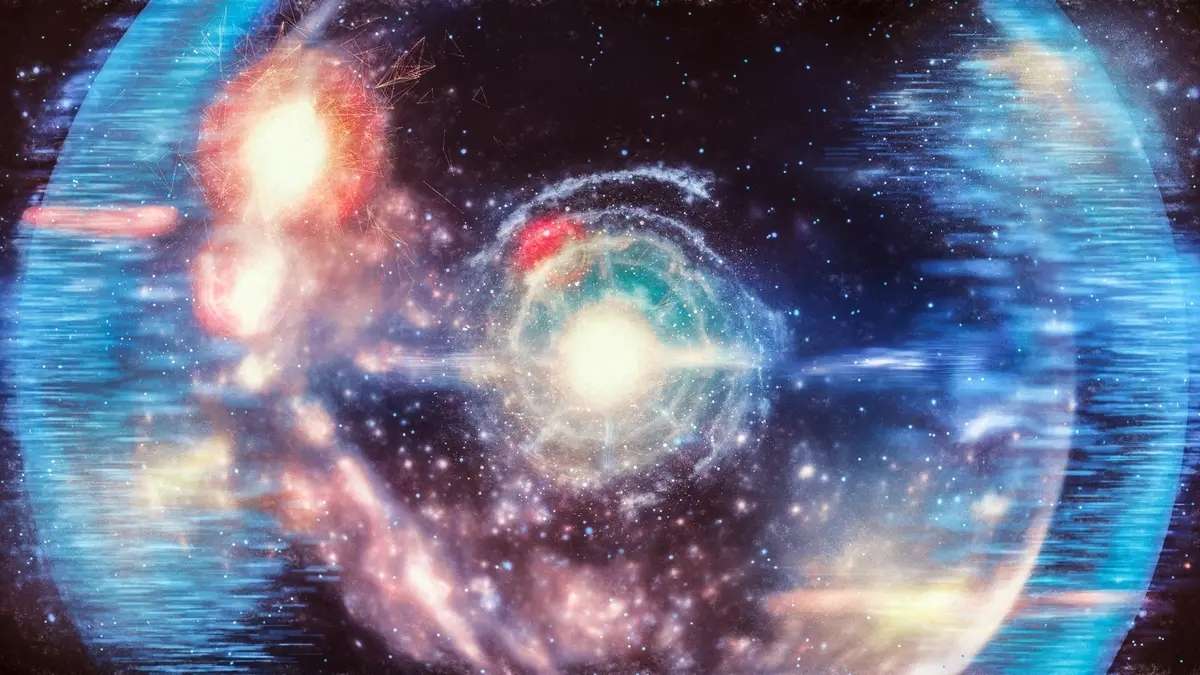As we move further into 2025, global conflicts continue to shape international relations, economic stability, and security dynamics. With shifting alliances, territorial disputes, and ideological struggles, understanding the world’s key hotspots is crucial. This article explores the most significant global conflicts in 2025 and the geopolitical shifts influencing them.
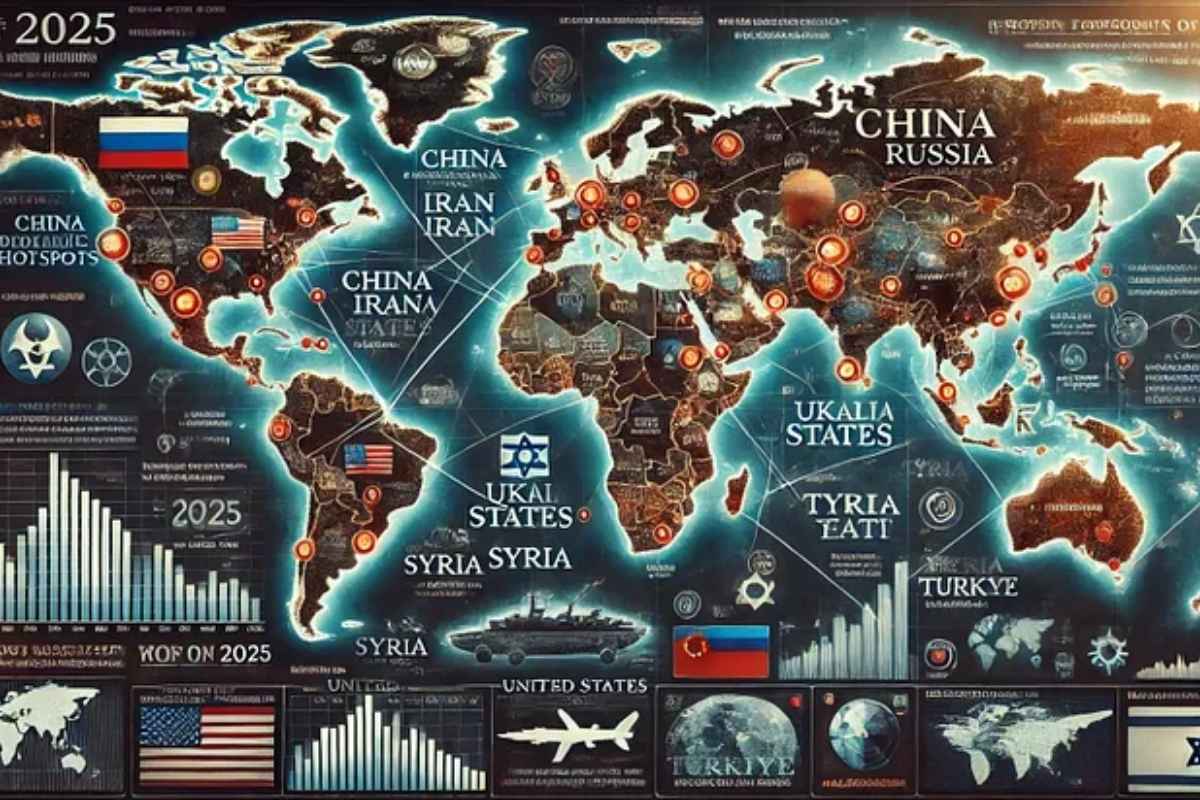
1. Ukraine-Russia Conflict: A Prolonged Struggle
The war between Ukraine and Russia remains one of the most significant conflicts affecting global politics. Key developments include:
- Military Stalemates & Territorial Gains: Both sides continue to engage in strategic battles over key regions.
- Western Support: The U.S. and NATO allies provide continued military and economic aid to Ukraine.
- Energy & Economic Consequences: Global energy markets remain volatile due to sanctions on Russia and supply chain disruptions.
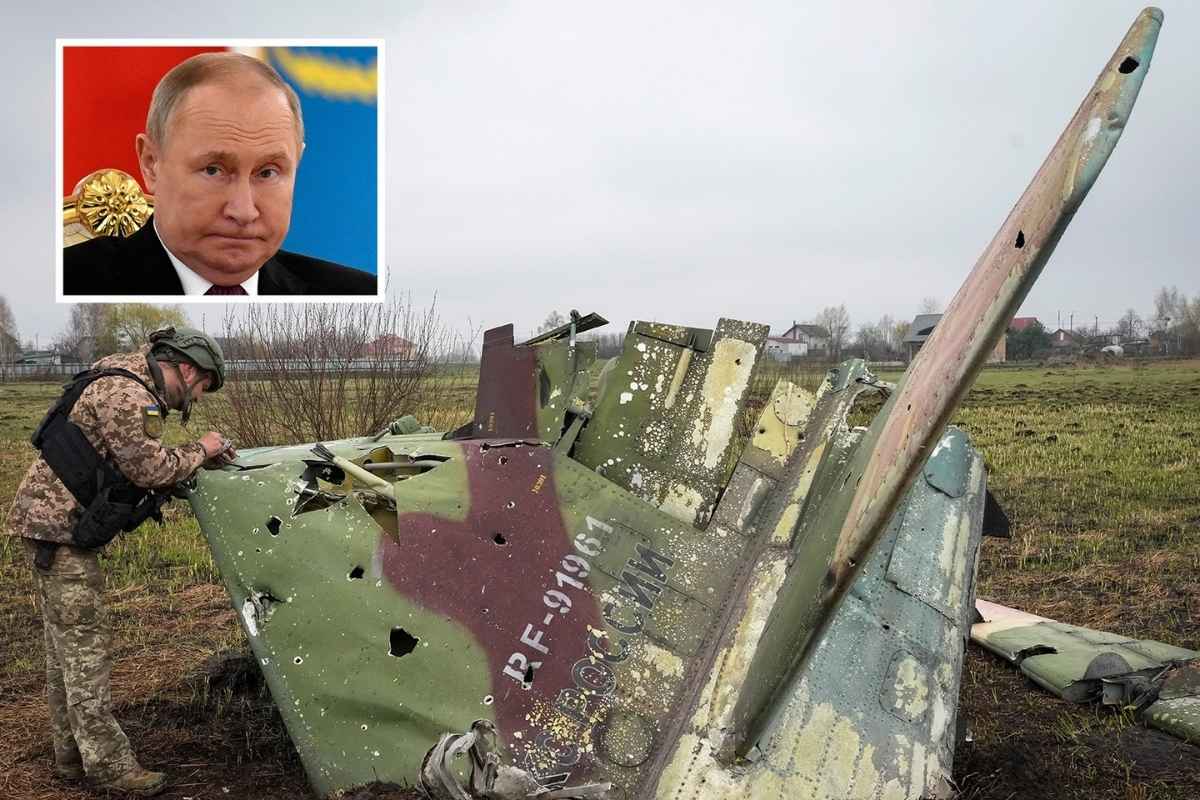
2. Israel-Palestine Tensions in the Middle East
The Israeli-Palestinian conflict has seen renewed tensions in 2025, exacerbated by political instability and territorial disputes.
- Escalating Clashes: Increased violence in the West Bank and Gaza.
- International Diplomacy Efforts: UN-backed negotiations continue, but with limited success.
- Regional Impact: Neighboring countries like Iran and Syria are indirectly involved through proxy conflicts.
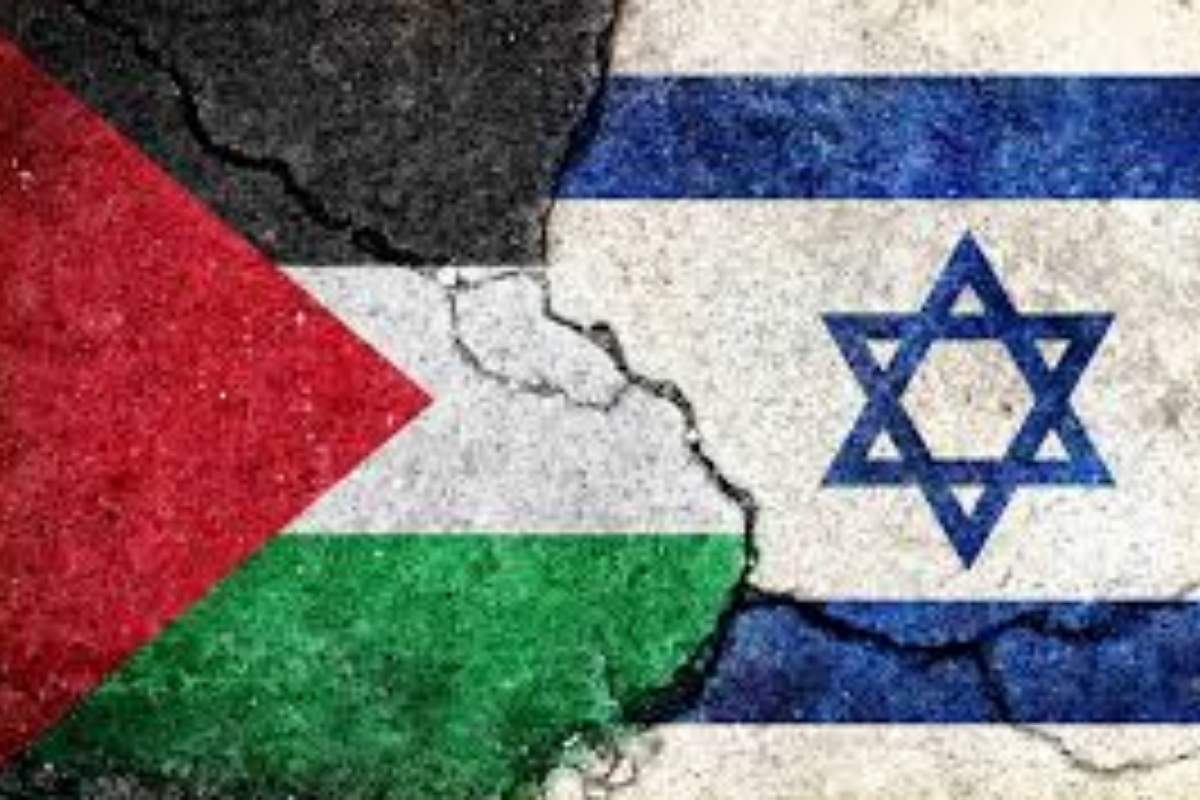
3. China-Taiwan Relations: A Growing Flashpoint
China’s aggressive stance toward Taiwan remains a major source of tension in the Asia-Pacific region.
- Military Maneuvers: China intensifies naval exercises near Taiwan’s coast.
- U.S. Involvement: The U.S. reinforces military alliances in the Indo-Pacific.
- Economic Ramifications: Increased sanctions and trade restrictions impact global supply chains.
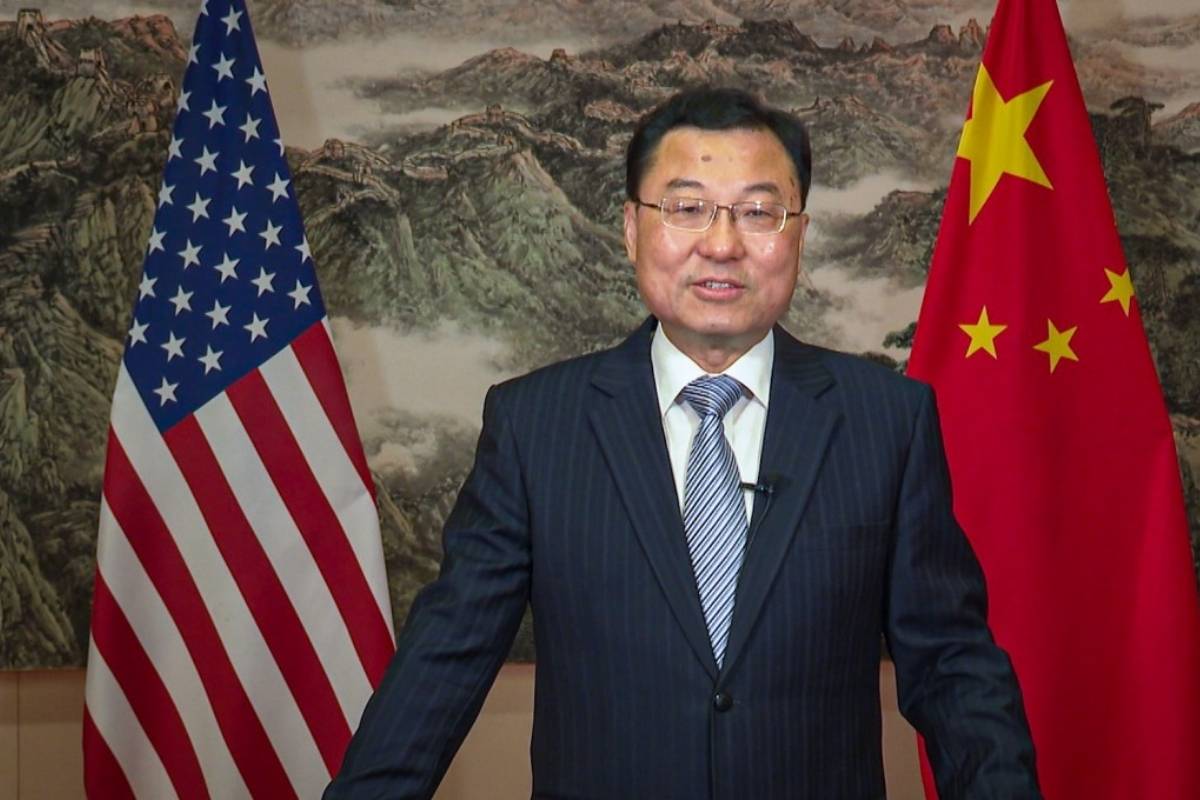
4. African Conflicts: Political Instability & Armed Insurgencies
Several African nations continue to experience violence due to political instability and militant insurgencies.
- Sudan’s Civil War: Ongoing clashes between rival factions threaten regional security.
- Sahel Region Extremism: Groups like Boko Haram and ISIS-affiliated militants continue attacks.
- International Intervention: The UN and African Union work towards peacekeeping efforts.
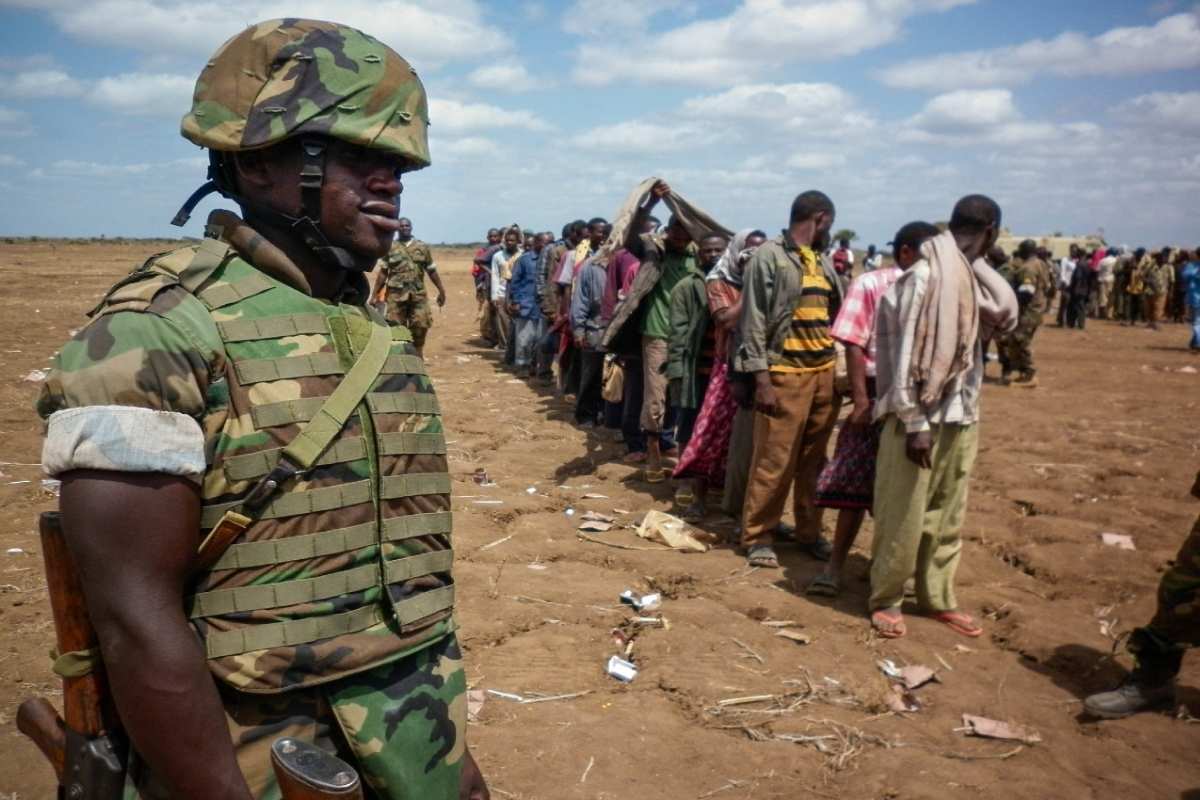
5. North Korea’s Military Aggression
North Korea’s military activities and missile tests remain a global security concern.
- Nuclear Testing: Increased nuclear tests raise alarms among world leaders.
- Tensions with South Korea & Japan: Cross-border conflicts intensify.
- Diplomatic Challenges: Attempts at peace talks remain unsuccessful.
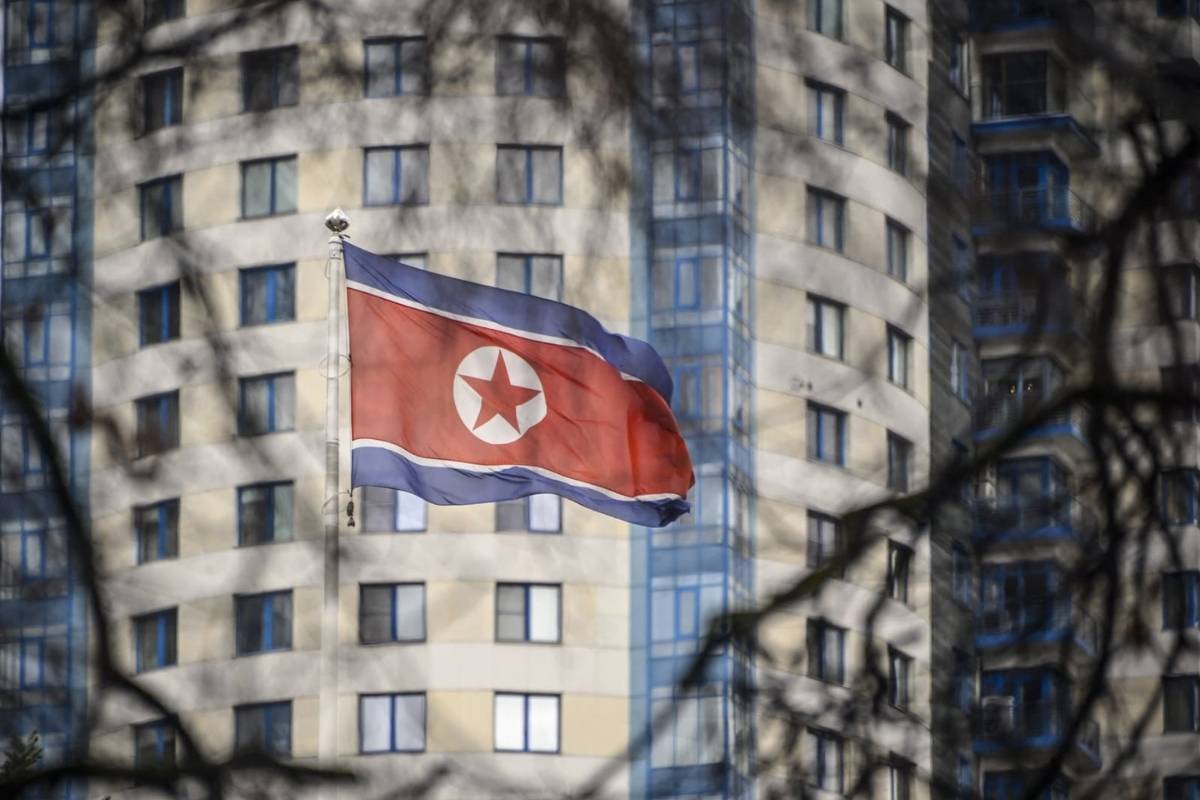
Geopolitical Shifts Influencing Conflicts
1. The Role of Emerging Powers
- India and Brazil strengthen diplomatic efforts in mediating conflicts.
- The European Union takes a more unified stance on global security.
2. The Influence of Technology in Warfare
- AI-driven military strategies reshape modern warfare.
- Cybersecurity threats increase, targeting government infrastructures.
3. The Shift in Global Alliances
- NATO’s expansion influences power dynamics in Europe.
- BRICS nations (Brazil, Russia, India, China, South Africa) seek alternative economic and political alliances.
Conclusion
The global conflicts of 2025 highlight the complexity of international relations. With ongoing wars, rising tensions, and shifting alliances, the geopolitical landscape remains volatile. As nations navigate these challenges, diplomacy, economic strategies, and military advancements will play crucial roles in shaping the future of global security.

